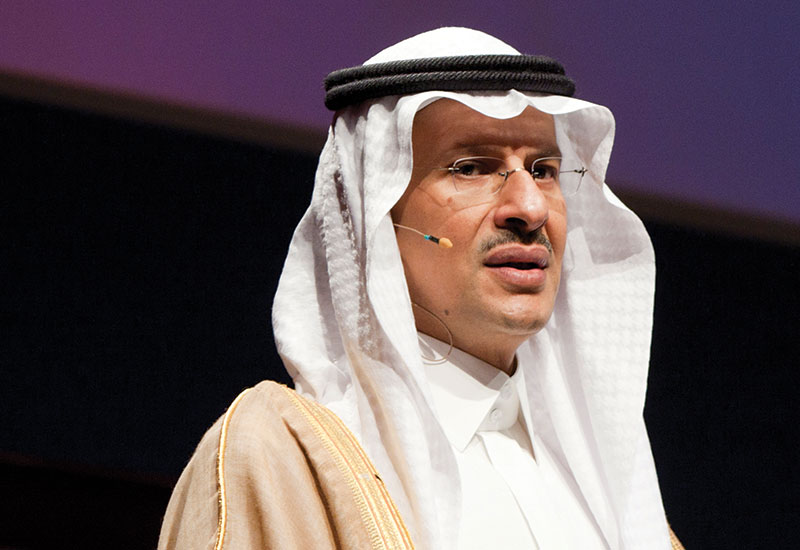Saudi Arabia’s Energy Minister HRH Prince Abdulaziz bin Salman said “extreme” volatility of oil and gas markets is increasingly disconnected from fundamentals, which could force the OPEC+ alliance to cut production.
The paper oil market has fallen into a “self-perpetuating vicious circle” of extreme volatility, negatively impacting the smooth and efficient operation of oil markets, energy commodities and other commodities creating new types of risks and insecurities, the Saudi Energy Minister noted.
“This vicious circle is amplified by the flow of unsubstantiated stories about demand destruction, recurring news about the return of large volumes of supply, and ambiguity and uncertainty about the potential impacts of price caps, embargoes, and sanctions,” the Prince told Bloomberg.
He added that OPEC+ has the “commitment, the flexibility, and the means within the existing mechanisms of the Declaration of Cooperation to deal with such challenges and provide guidance including cutting production at any time and in different forms…”
Saudi Arabia is the largest oil producer and key decision-maker of the OPEC alliance. The Saudi Prince told Bloomberg that futures prices don’t reflect the underlying fundamentals of supply and demand, which may require the group to tighten production when it meets next month to consider output targets.
Benchmark crude oil futures have fallen more than 20% since early June on concern about the outlook for the global economy and the possibility of more Iranian oil coming onto the market. Brent futures pared losses after the prince’s comments to trade near $96 a barrel, having earlier sunk to almost $92.

OPEC+ has always emerged stronger than ever
Prince Abdulaziz bin Salman said the OPEC+ alliance has experienced a “much more challenging environment in the past” and has emerged stronger and more cohesive than ever.
The minister said that the 23-nation cartel will soon begin working on a new agreement for post-2022 through the prism of the current market volatility.
“Soon we will start working on a new agreement beyond 2022 which will build on our previous experiences, achievements and successes,” he said, adding that OPEC is determined to make the new agreement more effective than before.
“Witnessing this recent harmful volatility disturb the basic functions of the market and undermine the stability of oil markets will only strengthen our resolve,” the Saudi Minister said.
Benchmark crude oil futures have fallen more than 20% since early June on concern of recession and the possibility of more Iranian oil coming onto the market. Brent futures suffered losses after the Saudi Energy minister’s comments to trade near $96 a barrel, having earlier sunk to almost $92, according to Bloomberg reports.

